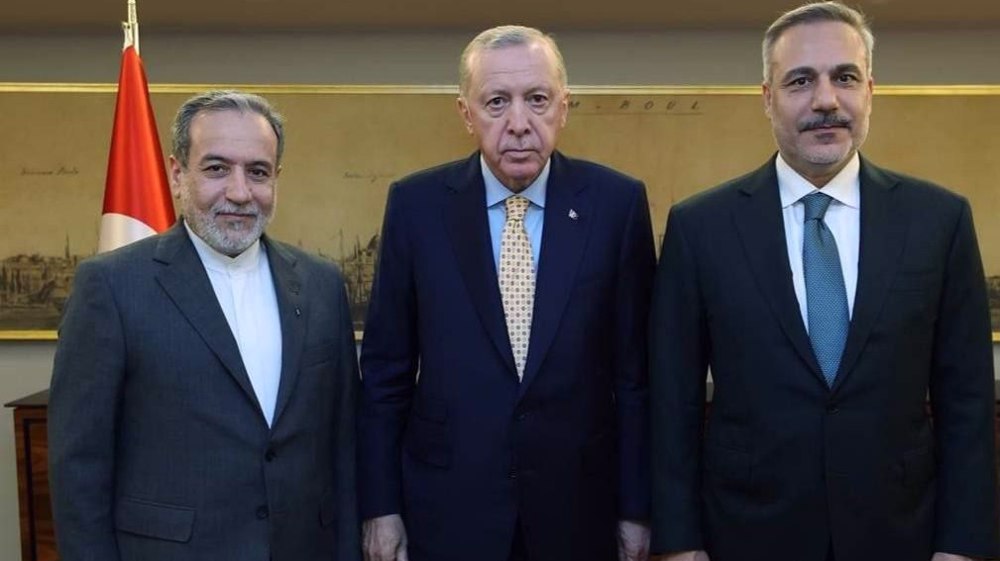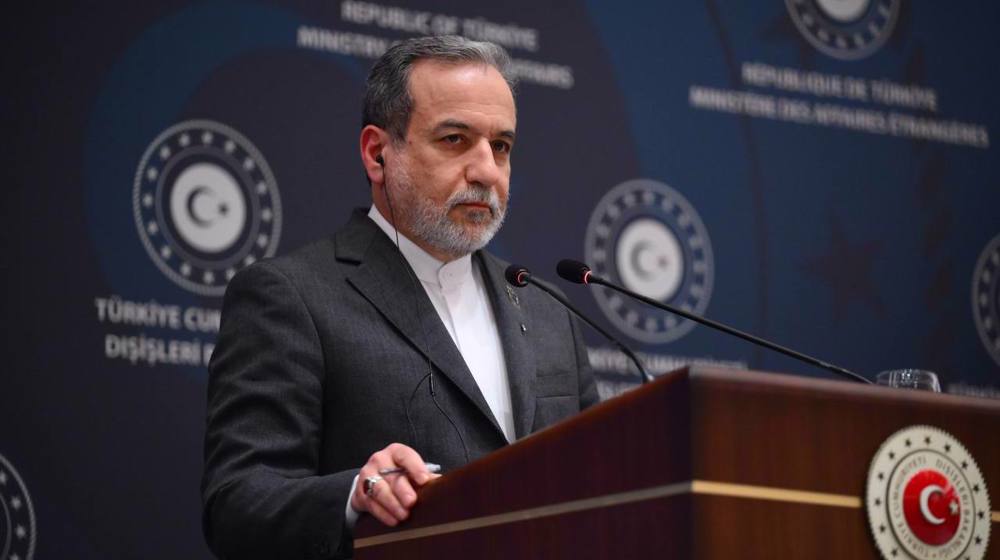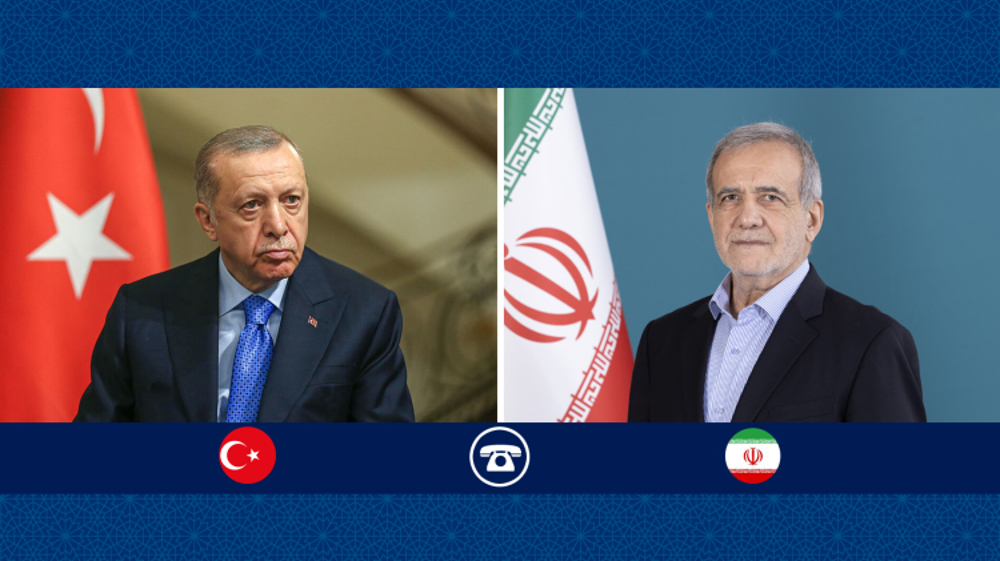Turkey's lawmakers approve troop deployment to Libya
Turkey's parliament approves military deployment to Libya, aimed at shoring up the UN-backed government in Tripoli, which has been under sustained attack since April by military strongman General Khalifa Haftar.
Parliament Speaker Mustafa Sentop said on Thursday that the legislation passed with a 325-184 vote. All important opposition parties in the assembly voted against the bill.
President Recep Tayyip Erdogan’s ruling AK Party and its allies hold a parliamentary majority. Parliament cut short its winter recess to address the ongoing developments in the Libyan capital, Tripoli.
Ahead of the crucial vote, Turkey’s Vice-President Fuat Oktay told state news agency Anadolu that no date had yet been set.
"We are ready. Our armed forces and our defense ministry are ready," he said, adding that parliamentary approval would be valid for a year.
He described the parliament motion as a "political signal" aimed at deterring Haftar's army.
"After it passes, if the other side changes its attitude and says, 'OK, we are withdrawing, we are abandoning our offensive,' then what should we go there for?"
In a Twitter post last week, Erdogan's communications director Fahrettin Altun urged outside powers to stop meddling into Libya’s internal affairs.
"We're supporting the internationally recognized legitimate government in Libya. Outside powers must stop supporting illegitimate groups against the Libyan government."
President Erdogan said last month that Prime Minister Fayez al-Sarraj’s Government of National Accord (GNA) requested the Turkish deployment after the two signed a military deal that allows Ankara to dispatch military experts and personnel to Libya.
The Tripoli-based government has been under sustained attack since April by eastern military commander General Haftar, who is backed by Turkey's regional rivals -- Saudi Arabia, Egypt and the United Arab Emirates.
Haftar's self-styled Libyan National Army (LNA) launched an offensive in April, but their advances were brought to a standstill by pro-government troops along the city's southern outskirts.
In November last year, a UN report said several countries were violating the arms embargo on Libya in place since the overthrow of its long-time dictator Muammar Gaddafi in 2011.
Jordan and the UAE regularly supply Haftar's forces, it said, while Turkey supports the GNA.
Turkish and Emirati drones were spotted in Libyan skies during clashes over the summer.
Turkey has also used its alliance with the Tripoli government to advance other interests. They have signed a maritime jurisdiction agreement giving Turkey rights to large swathes of the Mediterranean where gas reserves have recently been discovered.
The memorandum of understanding on the maritime jurisdiction areas with Libya is regarded as strategic for Ankara which strengthens its hands against claims by Greece and the Greek Cypriot government.
The maritime deal between Turkey and Libya has angered neighboring Greece. Athens has said the deal could complicate its decades-old dispute with Ankara over Cyprus and maritime rights in the Aegean Sea.
Cyprus has been divided since Turkish troops invaded the northern third of the island in 1974 in response to a coup sponsored by the Greek military junta.
Ankara does not recognize the Republic of Cyprus, a member of the European Union, and says the Turkish Republic of Northern Cyprus (TRNC) has the right to explore around the entire island.
Last month, a Turkish military drone employed for the exploration of natural gas in the eastern Mediterranean landed at an airport on the divided island of Cyprus.
Turkey already has two drilling vessels in the eastern Mediterranean despite the threat of European Union sanctions.
Egypt condemns Turkey decision
In a statement released on Thursday, Egypt's Foreign Ministry strongly condemned the vote by Turkey's parliament vote to allow troop deployment to Libya.
The statement said any such deployment could "negatively affect the stability of the Mediterranean region" and called on the international community to urgently respond to the move.
Turkey's fierce rivalry with the military government in Egypt is seen as another motivating factor behind the planned deployment.
The administration of President Erdogan strongly backed Egypt's Muslim Brotherhood government that was violently overthrown by Egyptian President Abdel Fattah el-Sisi in 2013.
Historians slam White House's whitewashing of US invasion of Mexico
US approves $3 billion deal for sale of F-15 equipment to Saudi Arabia
At least 20 killed in heavy Israeli bombing of displacement tents in Gaza
VIDEO | Venezuelans mark one month since US kidnapping of President Nicolas Maduro and his wife
Iran intel minister: West will face consequences over IRGC designation
Pakistan deploys helicopters, drones to retake town from insurgents
Israel-Palestine head of HRW resigns over blocked report on Palestinians right of return
VIDEO | Iranian athletes seal historic year with global titles amid external pressure












 This makes it easy to access the Press TV website
This makes it easy to access the Press TV website